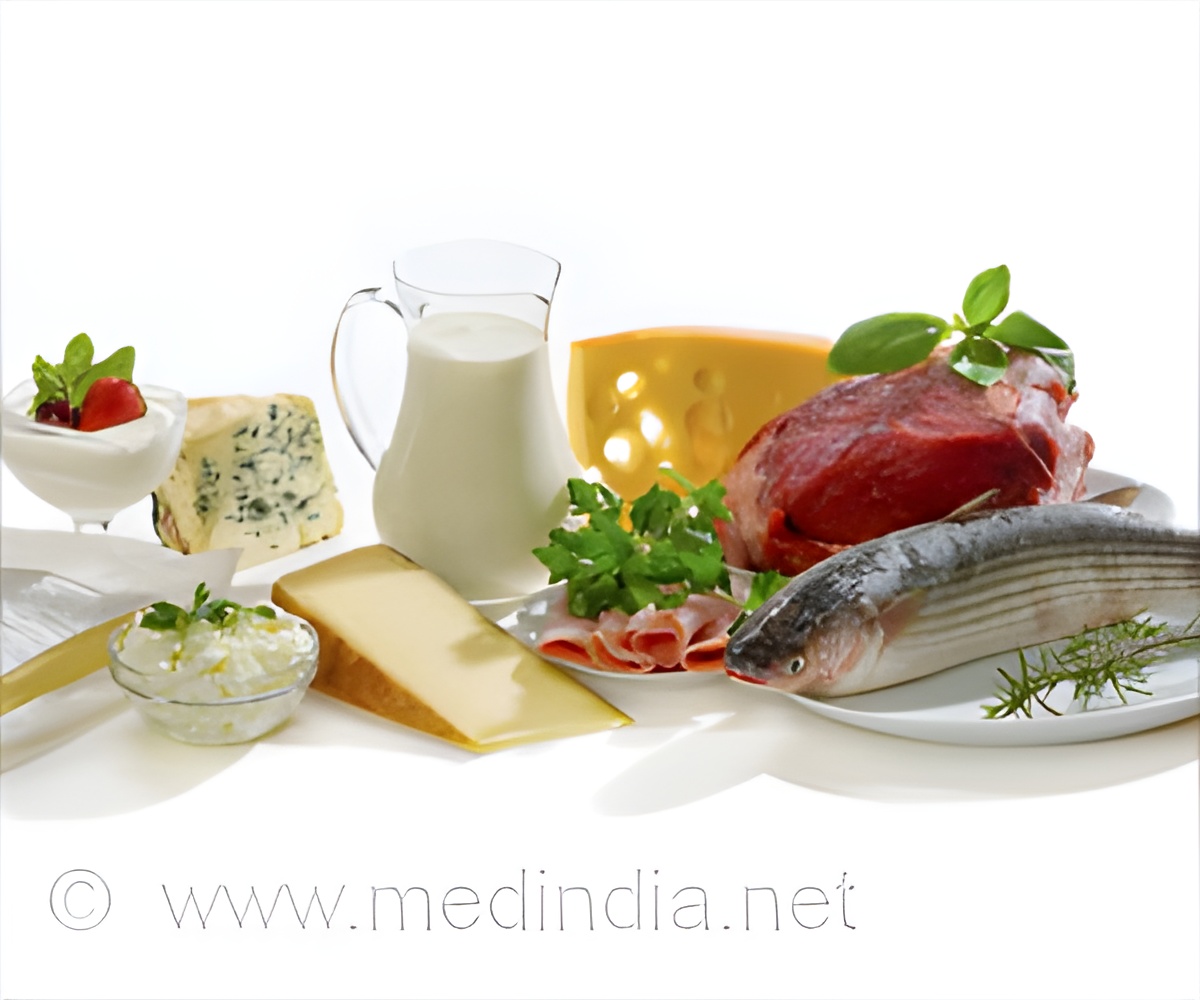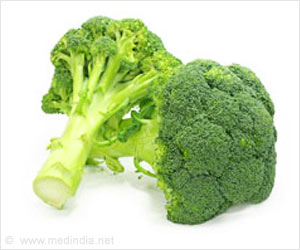A new study conducted in yeast underscores that maintaining a healthy diet during early life can significantly contribute to overall well-being during the aging process.

‘Research in yeast demonstrates the lifelong impact of a healthy diet in the early years, suggesting that it can promote better health in old age.
# Diet, #HealthyAging
’





According to researchers at the Babraham Institute in the UK, healthy aging is achievable through dietary change without restriction by potentially optimizing diet, and ill-health is not an inevitable part of the aging process. Scientists have long known that caloric restriction -- intentionally consuming far fewer calories than normal without becoming malnourished -- improves health in later life and may even extend life.
However, studies in mice show that caloric restriction needs to be maintained throughout life to achieve this impact, and the health benefits disappear when a normal diet is resumed.
The new research, published in the journal PLOS Biology, conducted in Yeast suggests an alternative to calorie restriction can lead to improved health through the lifecycle.
Early-Life Diet Shapes Lifetime of Health
“We show that diet in early life can switch yeast onto a healthier trajectory. By giving yeast a different diet without restricting calories we were able to suppress senescence, when cells no longer divide, and loss of fitness in aged cells,” said lead researcher Dr Dorottya Horkai, from the Institute.Rather than growing yeast on their usual glucose-rich diet, the researchers swapped their diet to galactose and observed that many molecular changes that normally accompany aging did not occur.
Advertisement
“Crucially, the dietary change only works when cells are young, and diet makes little difference in old yeast. It is hard to translate what youth means between yeast and humans, but all these studies point to the same trend - to live a long and healthy life, a healthy diet from an early age makes a difference,” explained Dr. Jon Houseley, from the Institute.
Advertisement
Source-IANS















